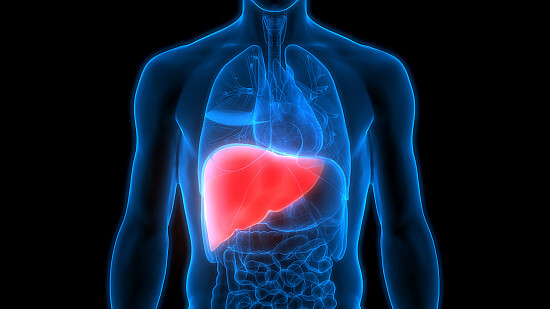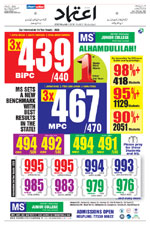Can your blood group predict heart attack risk?
Sat 24 Jun 2017, 15:12:38

New Delhi : India is presently witnessing nearly two million heart attacks annually. A heart attack (clinically known as myocardial infarction) is the permanent damage or death of the heart muscles due to lack of oxygen-rich blood. According to reports, heart attack kills one person in every 33 seconds in our country.
In the recent past, several reasons have been attributed to the paradigm shift in the age groups suffering from heart attacks to younger age brackets. A heart attack could be induced by poor diet, smoking, alcohol consumption, high blood pressure, sedentary lifestyle, and various other risk factors, including genetic ones.
While lifestyle burden contributes to a majority of cardiovascular events in our societies, in a shocking revelation through an international study conducted earlier this year by Kole and Associates, it has been found that people with A, B, and AB blood types may be at greater risk of cardiovascular diseases, particularly heart attacks, when compared to individuals with O blood types. The study presented at European Society of Cardiology, which involved 1.3 million respondents, also said that all people living with 'non-O blood groups' are at nine percent higher risk of cardiovascular events (and heart attacks in particular), and also have a shorter life expectancy, says Dr Bharat Kukreti, Senior Consultant Cardiology, Paras Hospitals, Gurgaon.
The research identified 7,71,113 individuals with a non-O blood group and 519,743 individuals with an O blood group in the meta-analysis of coronary disorders. Among all people with non-O blood groups, 1.5 percent experienced a coronary event, as compared with
1.4 percent with the O blood group. Similarly, for combined cardiovascular events, the risk associated with non-O groups was significantly higher.
1.4 percent with the O blood group. Similarly, for combined cardiovascular events, the risk associated with non-O groups was significantly higher.
The findings from the study clearly indicate that blood group should be seen as an important risk assessment factor for prevention of heart health issues, besides age, sex, weight, systolic blood pressure and cholesterol levels. However, the reasons of association between heart attacks and blood group remain unclear till date, but highly speculated. Individuals with non o-type blood group have 25% more von-will brand factor (an important blood constituent that leads to clotting). It has also been found by some researchers in the past that people with A, B and AB blood have higher levels of a blood-clotting protein, and resultantly, higher concentration of cholesterol.
Based on these findings, authors recommended considering use of ABO blood group in risk assessment program of heart attack. But that doesn't mean people with blood type O should not be concerned at all.
Heart disease risk and life span are influenced by various other factors, and the well-known factors affecting likelihood of getting heart attacks are diabetes, hypertension, high cholesterol, physical inactivity, stress (apart from age, male sex and family). Belonging to a non-O blood type represents only a risk factor (among many others), and actually, there are millions of people worldwide with non-O blood type that do not have, and will never develop, any of these diseases. Thus, in my opinion, a healthy lifestyle still remains the main factor able to influence the heart health status of an individual.
No Comments For This Post, Be first to write a Comment.
Most viewed from Health
AIMIM News
Latest Urdu News
Most Viewed
May 26, 2020
Do you think Canada-India relations will improve under New PM Mark Carney?
Latest Videos View All
Like Us
Home
About Us
Advertise With Us
All Polls
Epaper Archives
Privacy Policy
Contact Us
Download Etemaad App
© 2025 Etemaad Daily News, All Rights Reserved.






























